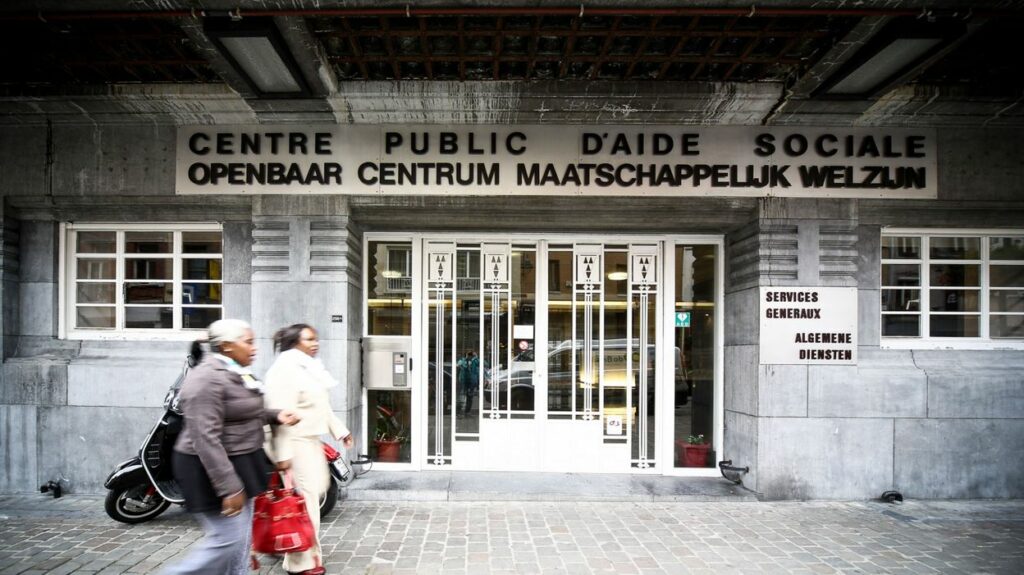The Belgian Federal Ombudsman dealt with 8,202 new cases in 2021, including 6,037 complaints and 2,165 requests for information, according to their annual report.
This amounts to a 9% increase compared to 2020, and a 20% increase to 2019. The new report outlines how the Covid-19 pandemic “continues to take its toll on the relationship between citizens and public administrations.”
The report most notably highlights complaints received about the Hulpkas voor Werkloosheidsuitkeringen (HvW/Capac), Belgium’s auxiliary unemployment payments fund.
The Ombudsman noted that the HvW was difficult to contact and that citizens were experiencing excessive delays in receiving the payment of their unemployment benefits. The Covid-19 pandemic, the Ombudsman explained, had “added to the complexity” of the HvW’s files.
These delayed payments are of significant inconvenience to many Belgian citizens, some of whom lost their jobs due to layoffs during the pandemic. The Ombudsman calls for a “need for empathy” towards Belgian citizens.
“They expect the authorities to take account of their situation and to empathise with them,” the Ombudsman explained. “The pandemic confirmed that empathy is key to a humane and qualitative service.”
The majority of people who contacted the Ombudsman last year were asking how public authorities implemented legislation relating to Covid-19 measures, as well as the amount of time it took to receive a reply or a decision about queries or requests to public authorities.
The Ombudsman states that it received “a barrage of complaints” about the reimbursement of PCR test fees, traffic fines, fines associated with work duties, and restrictions on the right to visit relatives during the pandemic.
Despite the high level of complaints, the Ombudsman insists that it was able to resolve over 85% of the justified complaints that it received.
Related News
- Internet should be fundamental right, Flemish party argues
- City of Brussels accused of recruitment discrimination
David Baele, the Federal Ombudsman, states that the Belgian administration’s approach to dealing with complaints was changing with the times.
“Since the early days in 1997, we have noted that what the people who contact us need is empathy,” Baele explained.
“Empathy helps to bring about dialogue, to reconcile points of view, and to restore the confidence that can be in short supply between citizens and the public administration at times.”

